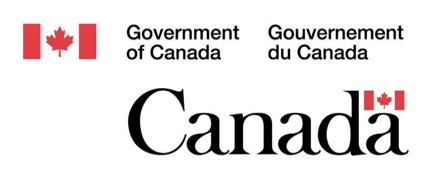Sponsorship Appeals
If an individual has sponsored a family member whose application for permanent residence was refused, one has the right to appeal that decision to the Immigration Appeal Division (IAD) of Immigration and Refugee Board of Canada (IRB). This process is known as Sponsorship Appeal.
The IRB of which the Immigration Appeal Division (IAD) is a part – is an autonomous tribunal and is not a part of IRCC or of the Canada Border Services Agency (CBSA). The appeal hearing is held at the IRB, and is headed by an IAD Member, who is a highly trained and qualified official of the IRB.
An individual has 30 days from the date of refusal to file an appeal with the IAD.
Who can Appeal?
An individual can appeal to IAD if they are a permanent resident or Canadian citizen who submitted an application to sponsor a family member to immigrate to Canada and the visa application was refused by IRCC.
Who cannot Appeal?
The sponsor may not appeal if the person they sponsored was found inadmissible in Canada because of:
- A serious criminal offence that is punishable in Canada by imprisonment of not less than six months
- The application was denied due to involvement in organized crime Security reasons
- Applications that were denied due to violation of human or international rights
- Misrepresentation, with the exception of a spouse, a common-law partner, conjugal partner or child
Which type of Hearing:
IAD decides whether the appeal is referred to the Alternative Dispute Resolution (ADR) or IRB Administrative Tribunal process.
What is an ADR and Administrative Tribunal Process?
ADR: The aim of the ADR is to try to deal with simple cases without the need for a full hearing. The ADR can help parties to prevent going for a hearing when they can both agree on a decision.
The approach in an ADR process is more informal, less hostile, and more unanimous than that of the standard IRB tribunal process. It is usually a private hearing, and it normally involves an in-person ADR conference. The Appellant and the appellant’s counsel together with the Minister’s counsel sit and discuss the case with the help of a Dispute Resolution Officer (DRO).
ATP: This process is similar to the process involved in a court but less formal than a court case. It is based on Canadian law, specifically the Immigration Refugee and Protection Act, and is dedicated to ensuring reasoned, efficient, and fair decisions. It involves similar but more people than those in the ADR process.
After the Hearing:
If the appeal is successful the previous decision of refused family sponsorship is over ruled. IRCC follows IRB’s decision basis which they resume processing the application. IRCC may, however, reject your application on other grounds and this new refusal may be appealed by you to the IAD.
The Minister may also counter this decision and apply to the Federal Court of Canada for a judicial review of IRB’s decision. This process is known as applying for leave, or permission from the court, for a judicial review. The Federal Court will then either dismiss the application for judicial review, or return the case to the IAD for what is called a re-hearing.
To ensure you have a best possible change call us +1-416-854-6022 or email us at info@myglobalsteps.com
CONTACT US
Services
Services
Company
Contact Us

FOLLOW US
© 2018-2021 My Global Steps Immigration Inc.
Privacy Policy | Terms & Conditions




